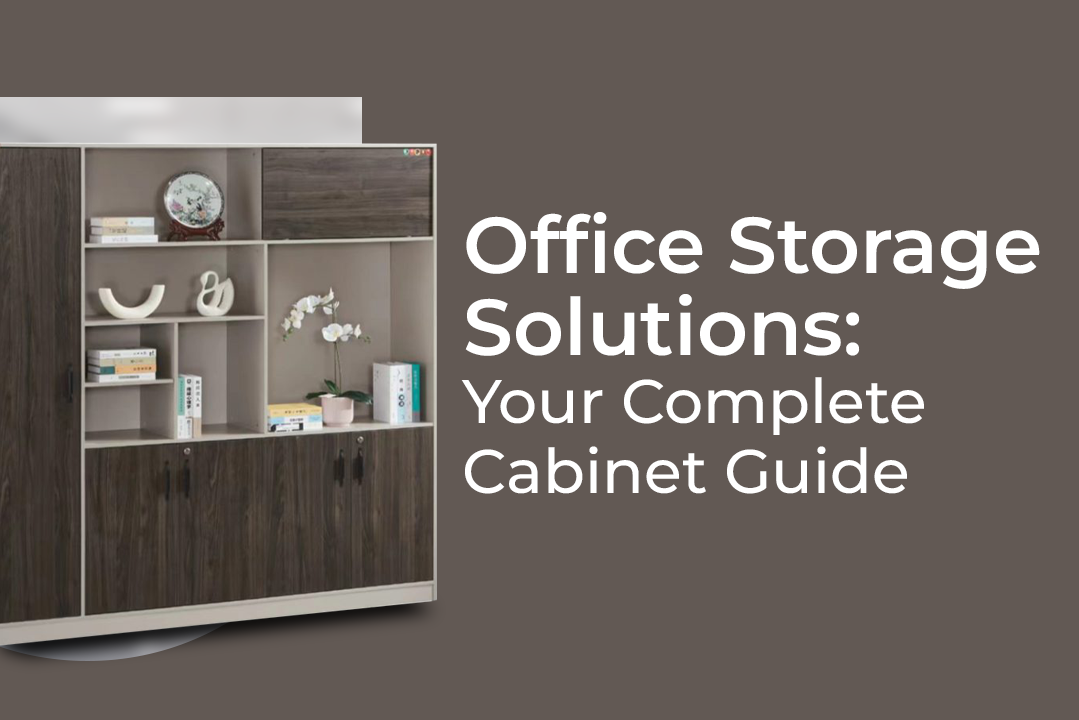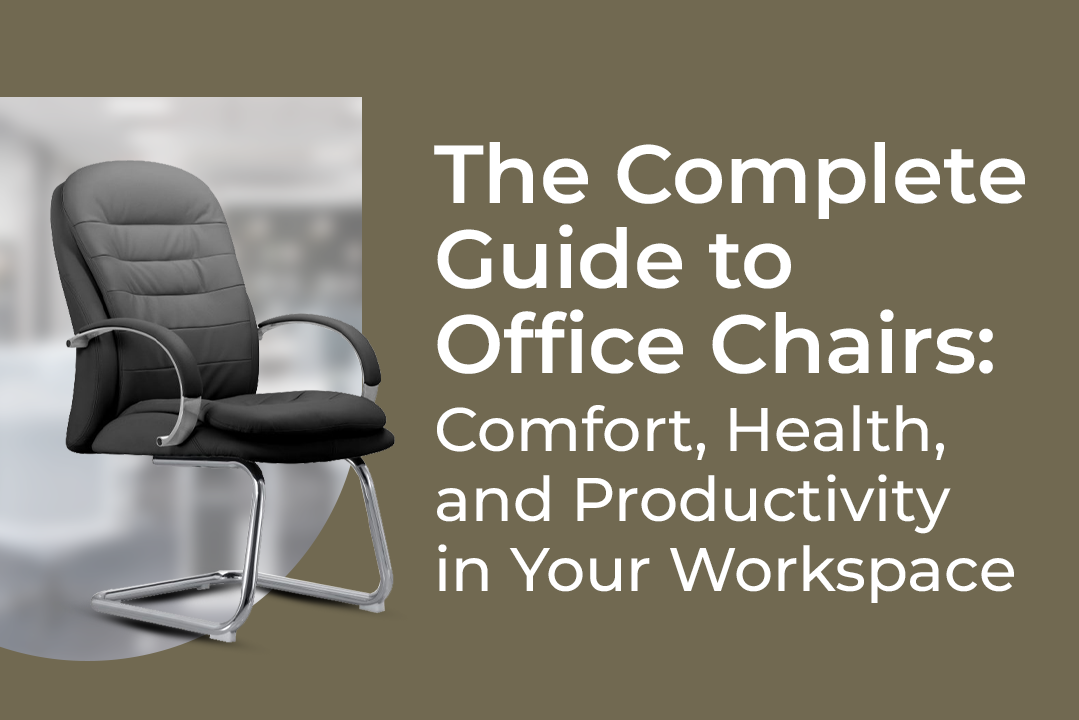Reimagining the Modern Workspace
The concept of a static, unchanging office layout has become obsolete in today’s dynamic business environment. Modern workplaces demand flexibility, adaptability, and efficient space utilization – which explains the growing number of searches for “flexible office furniture” and “adaptable workspace solutions.” Modular office furniture represents the perfect answer to these evolving needs, offering unprecedented versatility while maintaining professional aesthetics and functionality.
Understanding Modular Office Systems
Modular office furniture consists of individual components designed to work together in multiple configurations. For those searching “what is modular office furniture” or “customizable workspace solutions,” these systems offer the ability to create, modify, and expand office setups as needs change. Unlike traditional office furniture, modular pieces can be rearranged, reconfigured, and repurposed without replacing entire sets – making them both cost-effective and environmentally responsible.
Space Optimization Through Modular Design
Maximizing available space ranks among the top concerns for office planners. Searches for “how to optimize office space” and “efficient workspace layouts” reflect the universal challenge of creating productive environments within limited square footage. Modular solutions excel in space optimization through clever design elements like stackable components, nestable pieces, and multi-functional units that serve multiple purposes.
Customization for Diverse Work Styles
Today’s offices must accommodate various work styles and tasks. Modular workstations can be customized to support focused individual work, collaborative projects, casual meetings, and formal presentations – all within the same footprint. This versatility explains frequent searches for “adaptable office furniture” and “multi-purpose workspace solutions.”
Creating Collaborative Environments
Modern office design emphasizes collaboration while still providing privacy when needed. Modular furniture systems offer the perfect balance through reconfigurable meeting pods, adjustable privacy screens, and mobile collaboration stations. These elements can be easily repositioned to create team spaces when needed or individual workstations when focus is required.
Ergonomics and Employee Wellbeing
The growing awareness of workplace health has led to increased searches for “ergonomic office solutions” and “healthy workspace design.” Quality modular office furniture incorporates adjustable heights, proper support, and customizable positioning – allowing each employee to create a workstation that supports proper posture and reduces physical strain. This personalization contributes significantly to employee satisfaction and productivity.
Technology Integration in Modular Systems
Modern office furniture must accommodate evolving technology needs. Searches for “tech-friendly office furniture” and “cable management solutions” indicate the importance of seamless technology integration. The best modular systems feature built-in cable management, easily accessible power points, and adaptable components that can accommodate both current and future technology requirements.
Materials and Aesthetics in Office Design
While functionality remains paramount, aesthetics play a crucial role in creating inspiring workspaces. Contemporary modular office furniture combines durability with sophisticated design, offering a range of finishes and materials to complement your brand identity and office environment. This attention to visual appeal explains searches for “stylish office furniture” and “modern workspace design.”
Planning for Growth and Change
Business needs evolve continuously, making adaptability essential. Modular office systems allow for seamless expansion, reconfiguration, and updating without starting from scratch. This scalability is particularly valuable for growing businesses and those with changing team structures, explaining searches for “scalable office solutions” and “furniture for growing businesses.”
Implementation Strategies and Planning
Successful implementation of modular office furniture requires careful planning. Start by assessing your team’s work patterns, collaboration needs, and individual requirements. Create a comprehensive space plan that accommodates current needs while allowing for future adjustments. Consider working with design professionals who specialize in modular office systems to maximize your investment.
Cost Efficiency and Long-Term Value
Although quality modular furniture may represent a significant initial investment, its adaptability provides exceptional long-term value. The ability to reconfigure rather than replace as needs change offers substantial cost savings over time. This long-term perspective aligns with searches for “office furniture investment value” and “sustainable workspace solutions.”
Mefoman’s Approach to Modular Office Solutions
At Mefoman, we understand the unique challenges of creating productive, flexible workspaces in the Middle Eastern business environment. Our carefully curated collection of modular office furniture combines global innovation with local sensibilities, offering solutions that withstand local climate conditions while providing the flexibility modern businesses demand.
Conclusion: Creating Your Optimal Workspace
Modular office furniture represents the future of workspace design – offering unprecedented flexibility, efficiency, and personalization. By investing in quality modular systems, businesses can create environments that adapt to changing needs, support various work styles, and optimize available space. Visit Mefoman to explore modular office solutions that will transform your workspace into a hub of productivity and innovation.














